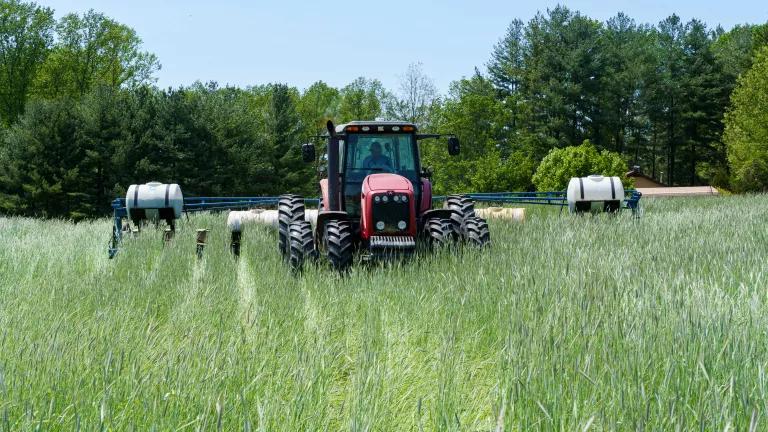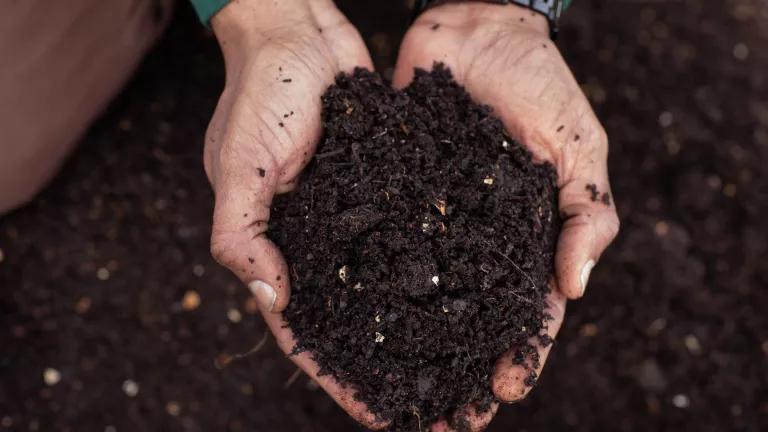Updated Food Matters Health Department Engagement Guide
Health departments and health inspectors, who frequently interact with food facilities, are uniquely positioned to inform food facilities about food waste reduction and food donation.
The NRDC Food Matters team is excited to announce a new and updated tool that cities can use to engage their health departments on food waste reduction. We have updated our older tool based on feedback from food facilities to make sure that the guidance we provide is relevant and useful. The guide provides information about how to get buy-in from health department leadership and resources for health inspectors to provide to food facilities with information about safe food donation and wasted food prevention strategies.
Wasted food is an enormous environmental problem in the United States and when good food goes uneaten in our kitchens there is an opportunity to redirect that food, ensuring it is consumed by people. Health departments frequently deal with community health and food issues, including nutrition, food access, health and safety regulation of food facilities, and healthy eating and active living initiatives. Given the knowledge health inspectors have about food safety issues, regular interaction with food businesses, and their role as regulators, inspectors have a unique part to play in preventing wasted food and encouraging food donation while ensuring that the food remains safe. By engaging in this issue health inspectors can:
- Educate restaurants about better food waste reduction strategies and in turn save money.
- Convey the city/county’s interest in preventing food waste, rescuing surplus food to feed food insecure community members, and advancing sustainability initiatives.
- Help food facilities to better understand what/how/when/where food can be donated legally and breakdown perceived burdens to businesses to facilitate these donations.
The updated tool includes the following:
- An updated training presentation, talking points that health departments can use to train health inspectors.
- A safe food donation trifold brochure and a safe food donation one pager for kitchens in food facilities that can be used as a resource when processing safe food donations and finding local food rescue partners to take those donations.
- Technical guidance to post on the health department's website with more detail on the impact of food donation, the direct linkages to the food code, liability protections, and tax credits.
- A template letter for food facility managers with tips for preventing and reducing food waste and saving money.
- Read the full guide here and browse the customizable downloads, including Spanish translated versions, on the right side of the page. For questions or to get the raw files for customization, please email us at foodmatters@nrdc.org.





